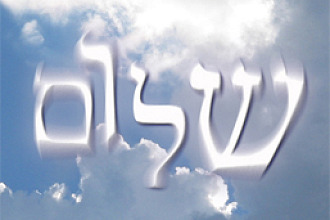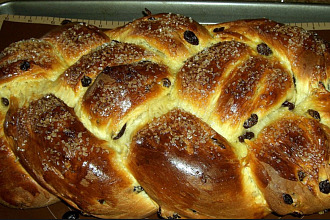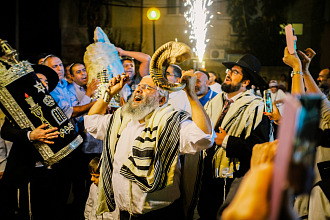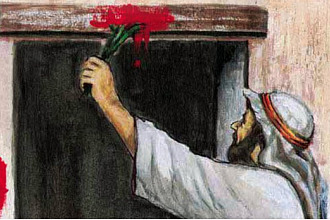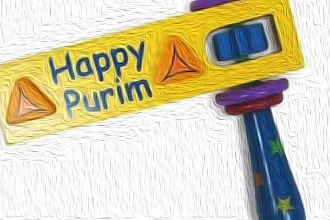Many non-Jews are familiar with Passover, Chanukah, and the High Holy Day days of Rosh Hashanah and Yom Kippur.
But few non-Jews know about, and many Jews have forgotten, an equally important Holy Day, Sukkot. It is really the third of the High Holy Days, and it is the seventh of the Biblical feasts. Sukkot also lasts seven days. Both the numbers three and seven are significant numbers in the Bible, indicating that Sukkot is important.
The Feast of Sukkot has several applications. The Bible commands us to rejoice during the seven days of Sukkot. Sukkot literally means booths or shelters. It points us back to the time after our Passover deliverance out of Egypt when we lived in temporary shelters while we traveled for 40 years through the wilderness. Sukkot is also a harvest time when the first fruits of the fall harvest were brought to the Temple in Jerusalem. Sukkot also points us forward to Heaven and the New Earth where we will: rejoice forever; eat of the fruits of the tree of life; and dwell in the homes that we will build.
Rosh Hashanah and Yom Kippur have a very somber feel to them, as they are days of repentance. It is sad that many people are familiar with and participate in the somber days of repentance and don't experience the days of rejoicing. True repentance leads to true joy. Thus it is sad that Sukkot is the forgotten Holy Day. It is equally sad to try to experience days of rejoicing without first experiencing repentance. It is only after we have dealt with the mistakes we have made in the past that we can have joy and peace in the present and future.






